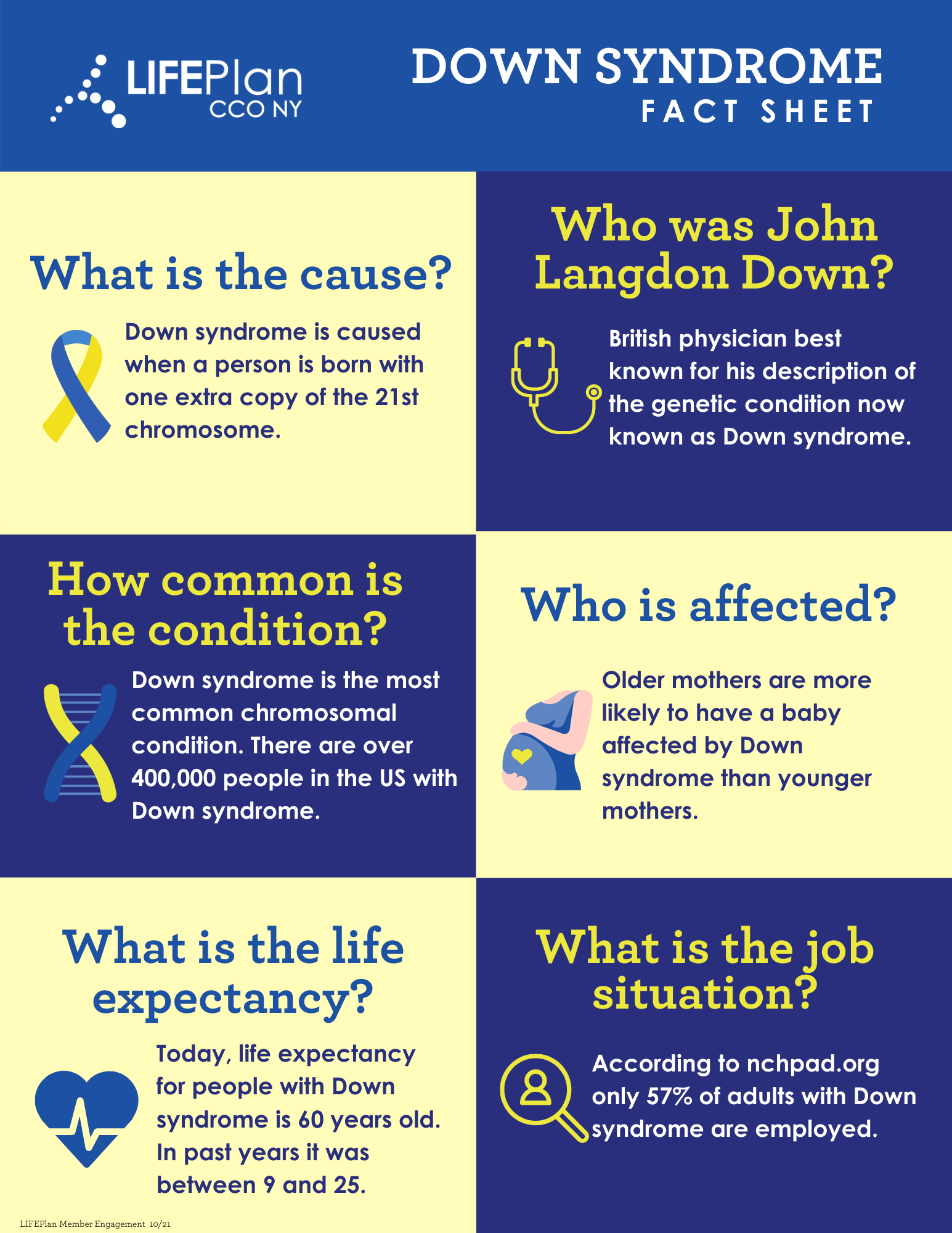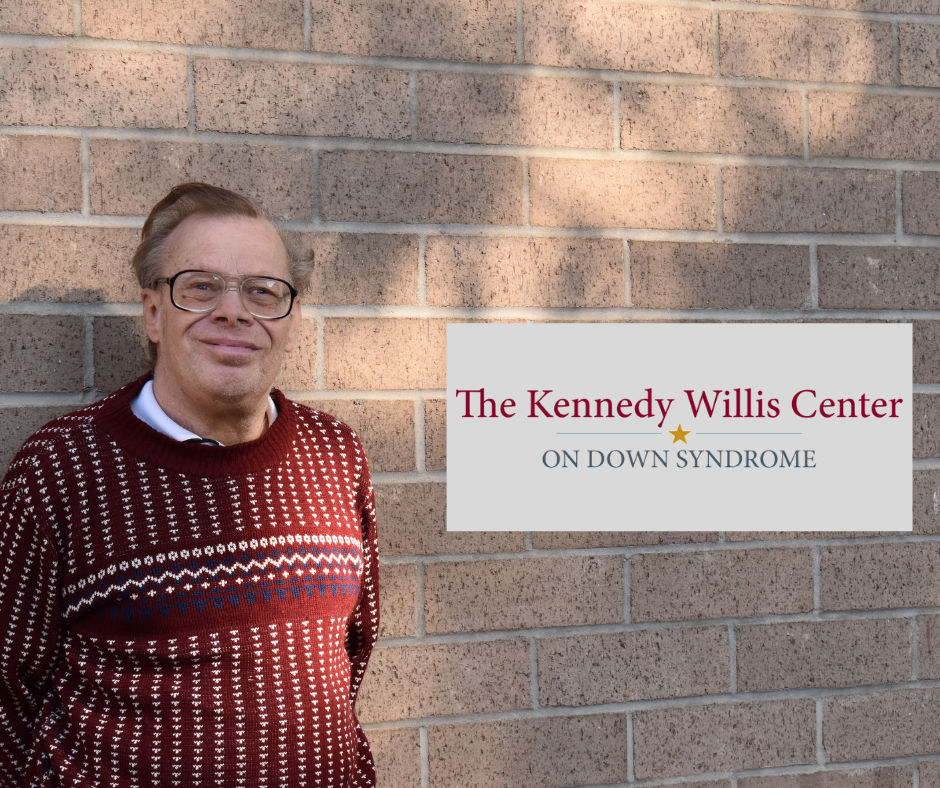Webinar Presented by The Kennedy Willis Center
The Kennedy Willis Center on Down Syndrome is a national resource providing best practices, training, research, and program development to families, professionals and to the disability community. LIFEPlan recently hosted a webinar presented by Director Brittany Goodrich. Brittany discussed the Centers goal of creating meaningful lives for children and adults with Down syndrome and other related intellectual disabilities.

Brittany was joined by Dr. E. Adel Herge, Associate Professor and Director of the BSMS OT Program at Thomas Jefferson University. Their presentation addressed strategies that support participation in meaningful activities for aging adults with intellectual disabilities.
Dr. Herge stated that
Adults with intellectual and developmental disabilities are now routinely living into their 50s, 60s, and beyond.
One of the most serious and life-changing concerns that individuals with Down syndrome face as they grow older is the increased risk of developing dementia. This stems from Alzhiemer’s disease.
This can be a very emotional time as individuals, caregivers, and families work to fully grasp the implications and impact of this diagnosis.
While it is well-established that there is an elevated risk for Alzheimer’s disease in adults with Down syndrome as they age, it is important to emphasize this diagnosis is NOT inevitable.
It is never too late or too early to incorporate healthy habits! Maintaining good physical health and brain health throughout life is an important goal for everyone to strive to achieve, regardless of their ability level.
Sharon, who participated in the Q & A, expressed concerns about her 65-year-old family member who wants to stay active, but is struggling with mobility issues.
Although my sister can walk with a cane, the House Manager in the residence where she lives actually makes her use a wheelchair when they go out into the community. We are struggling to find the balance between her activity level and her safety.
Dr. Herge was sympathetic to this situation.
This is not an uncommon situation for families and can often create tension with providers who have the best of intentions.
Click here for a resource guide for families with a range of suggestions. The conversation about aging as it relates specifically to Down syndrome will continue at a Member and Family Advisory Council Round Table event on October 27th at 5:30pm. For more information, contact your Care Manager or click here.
This fact sheet explains Down Syndrome that you may find helpful.
For a full recording of the webinar, watch below.

